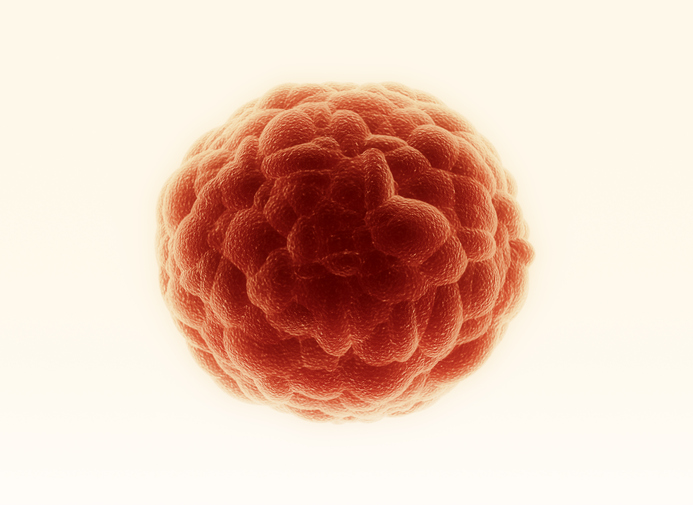A new study out of Johns Hopkins Kimmel Cancer Center suggests that the HOXA5 protein, a gene product known to control cell differentiation and death, may act as a tumor suppressor in the treatment of breast cancer.
Many breast cancers are marked by a lack of this protein, which halts abnormal cell growth. According to Saraswati Sukumar Ph.D., one of the researchers from this study, cells without HOXA5 have an increased capacity to renew themselves and are more invasive than normal breast cells.
Over the course of the study, the scientists analyzed gene expression from human breast cell lines lacking HOXA5. They found that the protein seems to help maintain several traits in normal breast cells, including the ability to adhere to other epithelial cells, and the presence of molecules marking the cells as differentiated and not capable of self-renewal.
Sukumar notes that HOXA5 regulates the production of two other proteins: CD24 and E-cadherin. Without CD24, the cells begin to revert toward an immature, or “stem-like” state, and without E-cadherin, cells lose some of the “glue” that binds them to other cells. As a result, breast cells without HOXA5 were more likely to grow aggressively in lab experiments, forming protruding structures similar to those seen as tumor cells begin to metastasize.
The scientists are planning further study of HOXA5’s role in breast cancer. Sukumar recently won a $300,000 grant from the Avon Foundation to continue her work.









